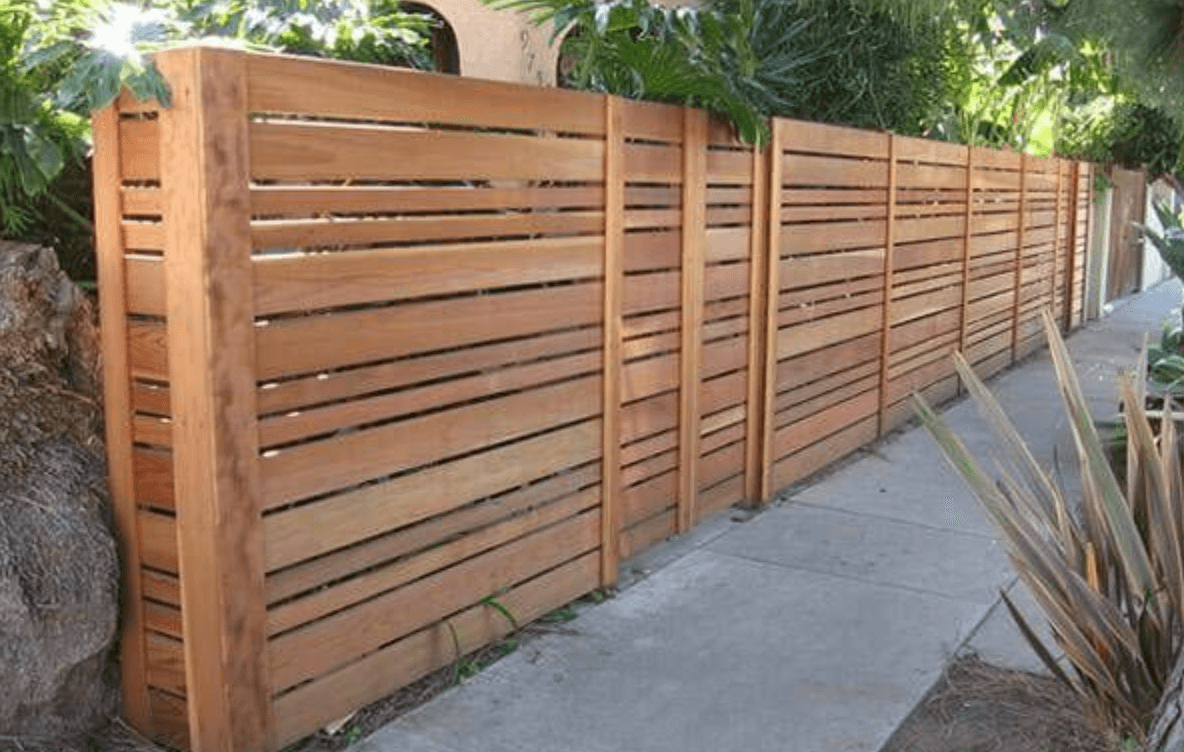All Categories
Featured

When it involves choosing the most effective fence product for sturdiness, functioned iron stands out as one of the most resilient and reliable alternatives available. Known for its toughness, aesthetic appeal, and capability to stand up to various weather, wrought iron is a popular choice for both household and industrial homes. Yet exactly how does it contrast to other fencing products in regards to durability and efficiency? Let's take a more detailed take a look at functioned iron fencing and just how it compares to choices like wood, plastic, and light weight aluminum.
Stamina and Longevity of Wrought Iron Fencing. Wrought iron is a solid, durable material that's made to last for years, otherwise longer. Unlike several other fencing choices, wrought iron can endure extreme environmental problems, including severe heat, hefty rain, and even solid winds. This makes it an outstanding selection for properties situated in locations with uncertain weather. Since it is a metal, functioned iron is not vulnerable to the deterioration that wood fences frequently experience, such as rotting, bending, or insect problems.
Longevity: Wrought iron fences are unbelievably tough and can hold up against effects and other forms of physical stress that may harm various other materials. When properly preserved, they can last for 50 years or even more, making them an investment that will offer long-term worth.
Wrought Iron vs. Timber Fencing. Wooden fencings, while traditional and cosmetically pleasing, typically need even more maintenance and have a much shorter life expectancy compared to functioned iron. Wood is vulnerable to rot, termites, and weathering gradually, all of which can endanger its structural stability. Additionally, wood fencings might require to be changed or fixed every 10 to twenty years, depending on the environment and the sort of wood used.
Upkeep: While timber fences require to be regularly treated with paints, spots, or sealants to maintain their appearance and long life, wrought iron fences generally call for a lot less upkeep. They might need periodic cleaning or painting to protect against rust, specifically in seaside or humid areas, but they will not endure from the exact same kinds of destruction as wood.
Longevity: While a well-kept wood fencing might last 20 to 30 years, wrought iron can go beyond that life-span by a number of decades, making it a much more long lasting choice over time.
Wrought Iron vs. Vinyl Fence. Vinyl fence has actually become a prominent option to timber due to its reduced maintenance and resistance to the elements. Unlike wood, vinyl does not rot or warp, and it doesn't need to be repainted or dealt with.
Toughness: While plastic is rather long lasting and resistant to rot and fading, it still can't match the long-lasting strength and strength of functioned iron. A plastic fence may last around 20 to three decades, depending upon environmental factors, but it lacks the structural honesty that wrought iron provides.
Maintenance: Vinyl calls for very little upkeep compared to timber, however it can still discolor over time, particularly in locations with extreme sunlight direct exposure. Wrought iron might need occasional corrosion prevention therapies however usually requires fewer interventions than vinyl.
Wrought Iron vs. Light Weight Aluminum Secure Fencing. Light weight aluminum is an additional metal option to wrought iron, and while it shares some of the sturdiness characteristics of functioned iron, it is normally much less strong and tough. Aluminum is extra lightweight and resistant to rust and corrosion, making it a prominent selection for low-maintenance fence. It's not as solid as functioned iron and may be a lot more susceptible to nicking or bending under pressure.

Toughness: Wrought iron is substantially more powerful and extra sturdy than aluminum. While aluminum fences can last for a number of years, they might not hold up as well in high-impact or high-traffic locations. In contrast, wrought iron is far more resistant to physical damages and can much better hold up against pressure and pressure.
Maintenance: Both wrought iron and aluminum fencings require some upkeep, primarily to stop corrosion. Light weight aluminum is less most likely to rust than functioned iron, making it a much more low-maintenance choice in locations with high humidity or coastal salt direct exposure.
Final Thoughts: Wrought Iron's Resilience Advantage. Wrought iron stands out as one of one of the most sturdy secure fencing products readily available, outperforming wood, plastic, and light weight aluminum in regards to stamina, durability, and overall performance. While it does require occasional maintenance, particularly to stop corrosion, its capacity to endure severe climate condition, physical tension, and the examination of time makes it an excellent investment for companies and homeowners looking for a long-lasting, protected fencing service.
For those who prioritize stamina and longevity most of all else, functioned iron is an unbeatable selection. Whether you're securing a house, improving the look of your backyard, or offering safety for a business website, wrought iron fencing will certainly offer years of durability and aesthetic charm that couple of other materials can match.
Latest Posts
Grab Special Auto Repair Deals in Chicago at Montclare Auto Repair
Published May 26, 25
1 min read
Learn How to Save Big on Car Maintenance with Montclare Auto Repair’s Limited-Time Deals
Published May 26, 25
1 min read
Unlock WyHy Federal Credit Union – Key Advantages for Your Money Goals
Published May 24, 25
1 min read
More
Latest Posts
Grab Special Auto Repair Deals in Chicago at Montclare Auto Repair
Published May 26, 25
1 min read
Learn How to Save Big on Car Maintenance with Montclare Auto Repair’s Limited-Time Deals
Published May 26, 25
1 min read
Unlock WyHy Federal Credit Union – Key Advantages for Your Money Goals
Published May 24, 25
1 min read